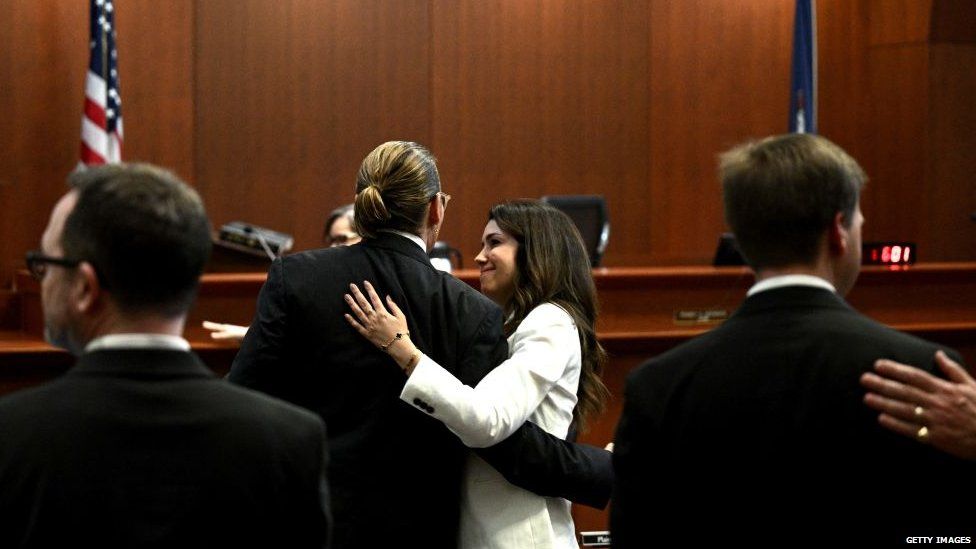Today we will provide information and reviews about Prenda, Pretenda Law Firm – and Lessons for the Future of Law
Read the following article to get more information.
Alas, poor bird – this could be a challenge in the future of the law. Instead, Prenda now faces possible death in California federal district court over questionable tactics in connection with hundreds of copyright lawsuits.
Once upon a time, Prenda’s Law—one of the largest copyright trolling operations ever—had all the qualities futurists revere. Take technology for example. According to this 2010 Chicago Tribune piece, Prenda (formerly known as Media Copyright Group) spent $250,000 to develop software that tracked illegal file sharing and captured users’ IP addresses. That then appeared directly in a federal lawsuit. No worries about the possibility of suing the wrong people or the need for human oversight before filing a lawsuit—the lawyers behind Prenda believed their technology was infallible. Or so they claimed.
Like a real company in the future, Prenda did not use a pedestrian model like a legal partnership or professional corporation to run its operations. Likewise, Prenda used a trade name as his name instead of the managers’ names (SteeleHansmeier?). But whatever. The fiduciary duty and responsibility to which these works left from the action were transferred, is related to the 20th century. Instead, John Steele—one of the attorneys originally behind Prenda (perhaps) structured his operation as an amorphous alternative business structure consisting of a network of consultants and freelance attorneys. There are no hapless partners here, just desperate young lawyers left with the briefcase in hand. Because of Prenda’s shapeshifting structure, Judge Wright, the federal district court judge reviewing Prenda’s actions, may not even have jurisdiction to carry John Steele and his (ex) Paul. Hansmeier goes to court because of the embargo. If Prenda was a real law firm and not a “pretend”, I think the court would easily have jurisdiction over all of its members and employees. But since Prenda is (or at least claims to be) merely a network of unaffiliated lawyers, the judge may only have jurisdiction over those lawyers who entered the case.
Prenda’s problems aside, I strongly believe that law firm networks and alternative business models hold great promise for replacing the old law firm and helping solo and small firms in particular to make the most of their limited resources. However, transparency is always important. Fair Air Firms – Lawyers who hold themselves out as a law firm to gain benefits (such as conveying an image of being larger than they actually are individually) should not be able to use the law firm name to avoid liability or benefit. . Quiet advertising and rules of engagement.
Furthermore, as more lawyers experiment with alternative business models, we must not only ensure that clients can distinguish between a law firm, a network, and a non-lawyer, but also ensure that our courts have the tools to Punish illegal and fraudulent behavior. Until we can find a way to address these serious concerns, I’m hesitant to include non-lawyer investing in the mix. (While it’s true that Prenda happened without any outside investment, think about how much worse it would have been if Prenda had been funded by investors who used their own software investment and the $15 million they made in extortionate settlement payments. Been).
As the saying goes, be careful what you wish for. Prenda represents a iteration of the future of law — and it’s not pretty. What can we do to make sure that the future is better than our past?


